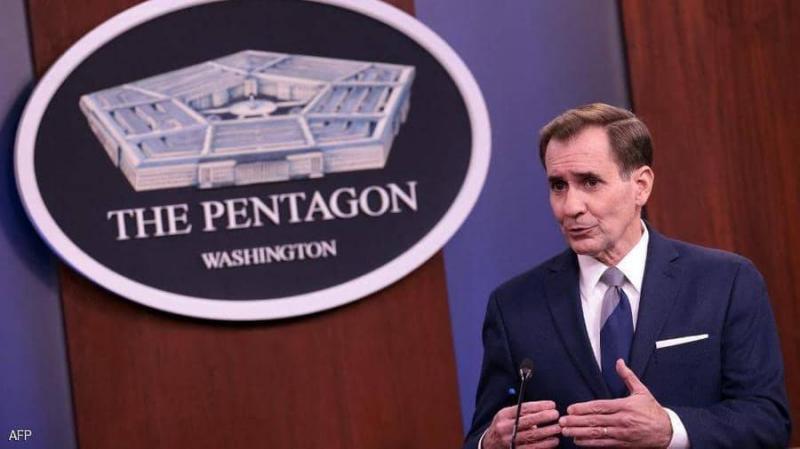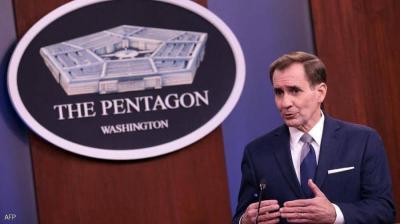U.S. Department of Defense spokesperson John Kirby hinted on Tuesday night at Iran's possible involvement in the attempted assassination of Iraqi Prime Minister Mustafa Al-Kadhimi. Kirby stated, "There are many Iranian-backed groups inside Iraq that have the capability to carry out the attack against Al-Kadhimi." However, he refrained from directly accusing any party, saying, "We are not in a position to assign blame to any party at this time regarding the attack on the Iraqi Prime Minister's residence."
Kirby's comments came hours after Iraqi politicians announced that a senior Iranian general visited Baghdad following the assassination attempt, confirming that Tehran and its allies had no involvement in the drone attack that resulted in minor injuries to the Iraqi leader last Sunday. The politicians requested anonymity as the visit of Esmail Qaani had not been publicly announced.
The news of the visit coincided with a statement from an Iraqi army brigade, indicating that the investigation into the attack on the Prime Minister is ongoing, yet there are signs pointing to the responsibility of factions linked to Iran. It was added that the two drones used in the attack took off from areas in eastern Baghdad, where Iran-backed militias exert significant influence.
Qaani is the commander of the Quds Force, which is primarily responsible for military and covert operations outside the country. Iran has maintained extensive influence within Iraq through powerful militias it has supported for years. General Frank McKenzie, the head of U.S. Central Command, previously stated in a press interview that the attack on Al-Kadhimi was "a criminal act carried out by Iranian-backed militias." Some analysts suggested that the attack on Sunday aimed to obstruct pathways that could lead to a second term for Al-Kadhimi by those who lost in the recent elections.




